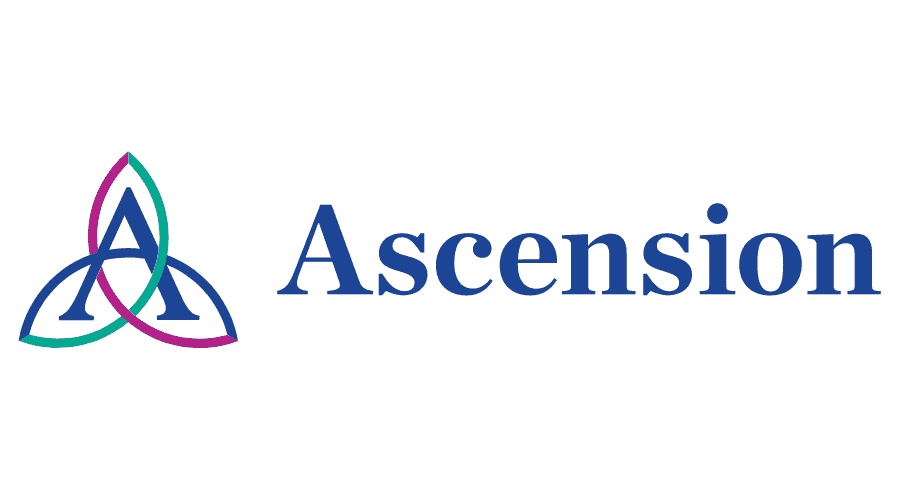
Editor's Note Surgeons and surgical trainees who are female or from minority racial or ethnic backgrounds report higher levels of negative emotions and self-doubt after adverse events, according to a recent study in JAMA Network Open. According to a June 5 report in MedPage Today, the single-site, mixed-methods study found…

Editor's Note Ascension has restored electronic health records (EHRs) throughout all hospitals and clinics nationwide, according to a June 14 update from the St. Louis-based health system. "Clinical workflow in our hospitals and clinics will function similarly to the way it did prior to the ransomware attack," the statement reads,…

Editor's Note A mass spectrometry platform that identifies key brain cancer mutations in real-time during surgery shows potential for improving outcomes in a procedure when time is of utmost importance, Technology Networks reported June 3. Developed by the Mayo Clinic, the platform specifically targets dehydrogenase (IDH) mutations on samples taken…

Editor's Note A prospective cohort study among general surgery residents in Singapore highlighted the need for ergonomic improvements and education for surgical trainees during minimally invasive abdominal surgery. Published May 31 in Scientific Reports, the study was limited by a small sample size and variability in respondent characteristics and practices.…

Editor's Note Personal patient data could have been compromised in the May 8 cyberattack on Ascension, according to the latest update from the St. Louis-based healthcare system. Posted June 12, the update reveals that attackers accessed files from seven out of 25,000 file servers used for routine tasks, potentially containing…

Editor's Note Microsoft and Google announced they will offer free or discounted cybersecurity services to rural hospitals in the U.S. to help protect against cyberattacks, CNN reported on June 10. According to the article, Microsoft will provide free security updates, assessments, and staff training, while Google will offer free cybersecurity…

Editor's Note A June 6 meeting on gun violence prevention at the White House attracted more than 80 top health care executives to lend expertise on mental health, gunshot wounds, and more, Becker’s Hospital Review reports. Hosted by the White House Office of Gun Violence Prevention, established in 2023,…

Editor's Note Ascension, a 140-hospital, St. Louis-based health system disrupted by a May 8 cyberattack, has announced that its electronic medical record (EHR) will be restored by June 14. Becker’s Health IT reported the news June 5. According to that article, the restoration of systems comes after medical records have…

Editor's Note The US Food & Drug Administration (FDA) has classified Medtronic’s recall of its StealthStation S8 software as a Class I, the most severe category indicating risk of serious injury or death. The StealthStation System with StealthStation Cranial software is intended as an aid for locating anatomical structures during…

Editor's Note Doctors are urging the American Medical Association (AMA) to take legal action or otherwise help recoup their losses from the February 21 Cyberattack on Change Healthcare, a division of United HealthGroup. Forbes reported the news June 3. The article cites a a resolution before the AMA’s reference committee on amendments…